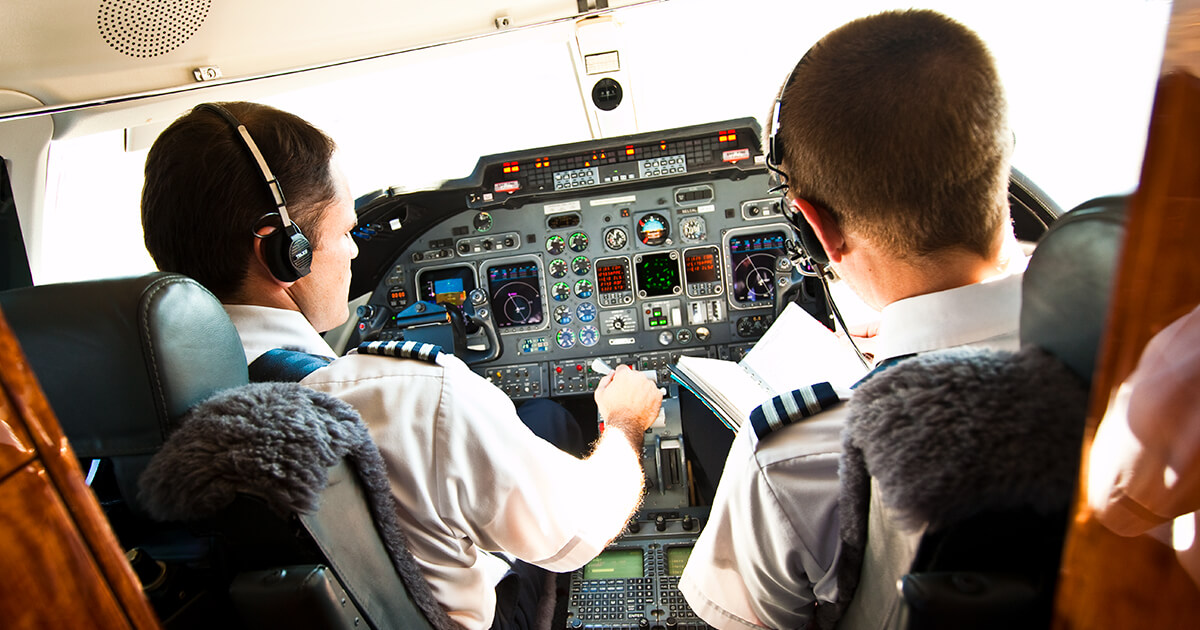
July 29, 2021
The FAA has responded to industry concerns over a recent policy notice regarding flight training in certain aircraft that hold special airworthiness certificates saying the notice will not impact flight instruction in other types of aircraft.
Earlier this summer, the FAA published a policy notice explaining flight training for compensation in aircraft that hold special airworthiness certificates, including limited, experimental and primary category aircraft. View the notice.
Currently, limited, experimental and primary categories of aircraft are prohibited from being used for compensation in Part 91. In the notice, the FAA noted, “a flight instructor providing flight training in one of these categories of aircraft for compensation is acting contrary to the regulations absent a letter of deviation authority (LODA), if applicable, or exemption.”
The policy explained instructors must obtain a LODA to instruct in experimental category aircraft and an exemption to instruct in limited or primary category aircraft.
“The acting chief counsel’s letter essentially says the policy notice applies only to flight instruction in aircraft that hold these special airworthiness certificates and will not impact flight instruction in other types of aircraft,” said Doug Carr, NBAA’s senior vice president of safety, security, sustainability and international operations. “The letter also indicates the FAA doesn’t intend to conduct active surveillance of this area of the industry, but will investigate if the agency receives a call about a possible regulatory violation.”
The agency said it plans to use compliance action to work with owners or flight instructors who violate the regulations or terms of a LODA. “However, should we learn the violation was intentional or reckless or the result of an unwillingness or inability to comply, we will pursue legal enforcement action,” the letter states.
Meanwhile, NBAA has received reports of timely processing of related LODAs, which are good for 48 months. This should give the FAA time to establish a more permanent solution.


 International Business Aviation Council Ltd.
International Business Aviation Council Ltd.